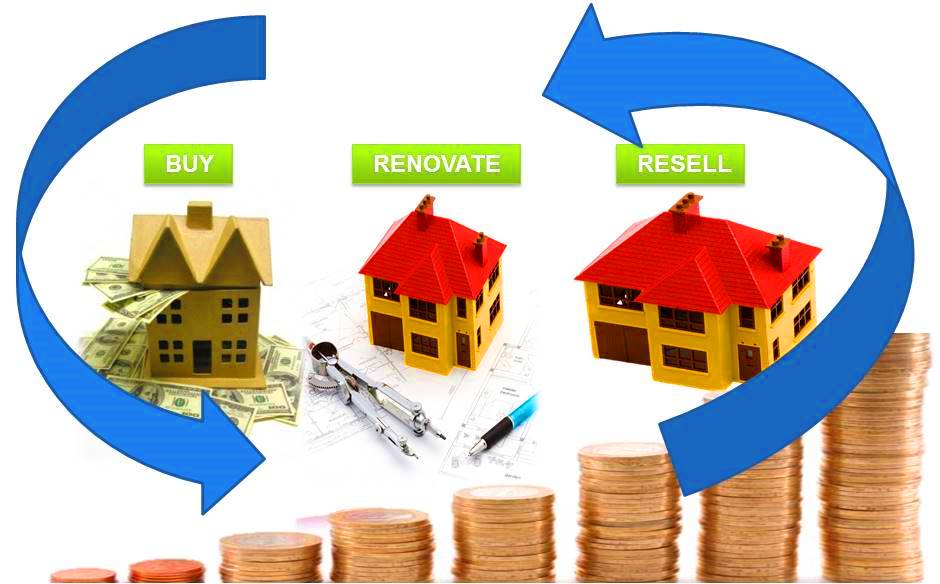The Real Estate Dilemma: Weighing the Pros and Cons of Flipping versus Renting Out Your Investment Property

As a real estate investor, you’ve finally found the perfect property to add to your portfolio. Now, the million-dollar question is: should you flip it for a quick profit or rent it out for long-term gains? Both options come with their own set of rewards and risks, and the right choice for you depends on several factors, including your financial goals, risk tolerance, and personal preferences.
Flipping: The Art of Quick Profit
Flipping a property involves buying a distressed or undervalued property, renovating it, and selling it for a profit. This strategy is perfect for those who enjoy the thrill of the chase, are handy with a hammer, and have a keen eye for design. Flipping can be an excellent way to earn a quick profit, especially in a hot market.
The benefits of flipping include:
- Quick turnaround: You can sell the property and pocket the profit within a few months.
- High returns: With the right renovations, you can sell the property for a significant profit.
- Low holding costs: You won’t have to worry about ongoing expenses like mortgage payments, property taxes, and maintenance costs.
However, flipping also comes with some significant risks:
- Market volatility: If the market takes a downturn, you could end up selling the property at a loss.
- Renovation costs: You may underestimate the cost of renovations, which can eat into your profit margins.
- Time-consuming: Flipping requires a significant amount of time and effort, from finding the property to completing the renovations.
Renting Out: The Key to Long-Term Wealth
Renting out a property involves buying a property and leasing it to tenants. This strategy is ideal for those who want to build long-term wealth and generate passive income. Renting out a property can provide a steady stream of income and help you build equity in the property over time.
The benefits of renting out include:
- Passive income: You can earn rental income without actively working for it.
- Long-term appreciation: The property value may appreciate over time, providing a significant return on investment.
- Tax benefits: You can deduct expenses like mortgage interest and property taxes from your taxable income.
However, renting out also has its own set of challenges:
- Ongoing expenses: You’ll have to worry about ongoing expenses like mortgage payments, property taxes, and maintenance costs.
- Tenant management: You’ll have to deal with tenant issues, like late rent payments and property damage.
- Vacancy risks: If the property is vacant for an extended period, you won’t earn any rental income.





